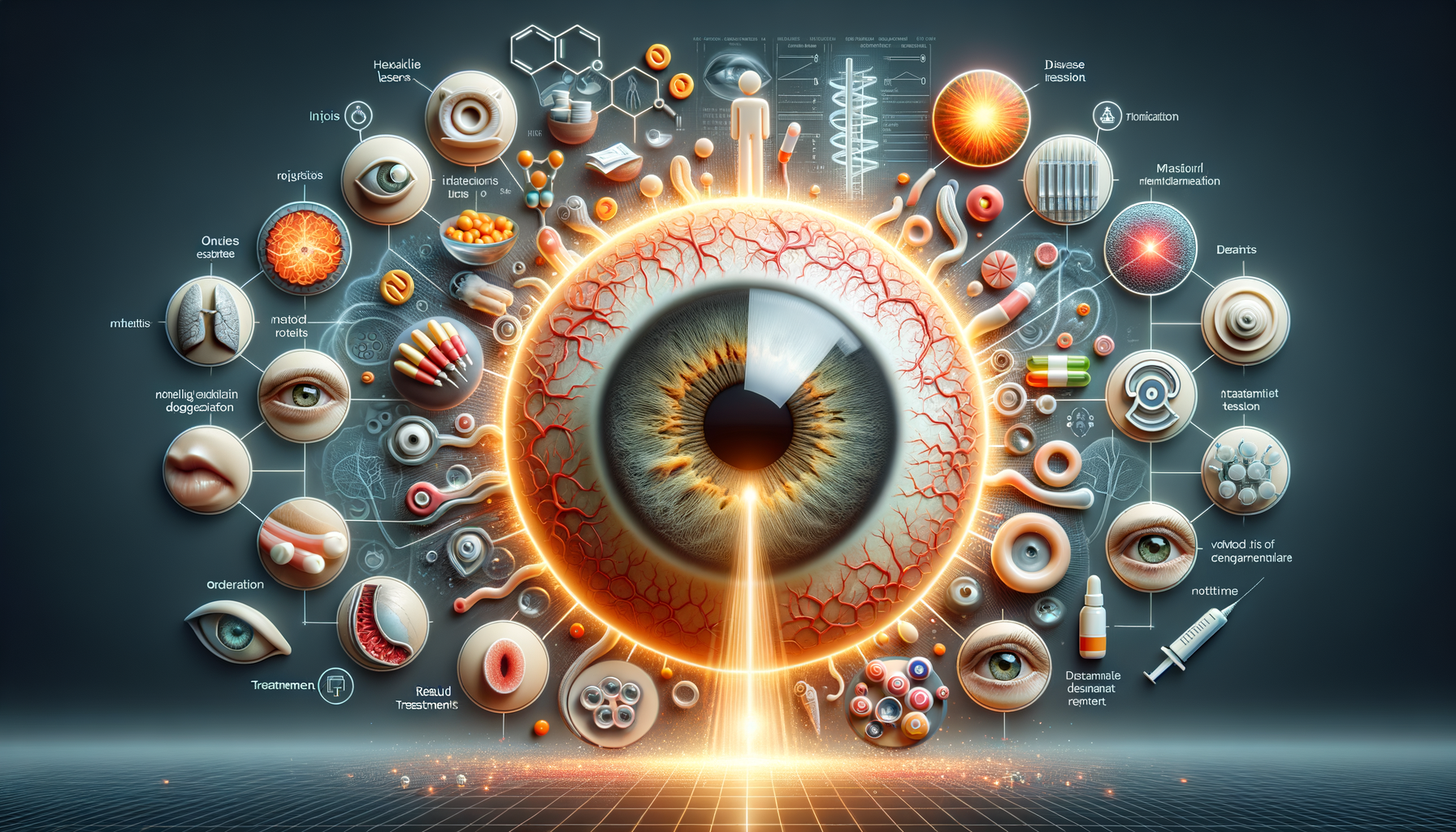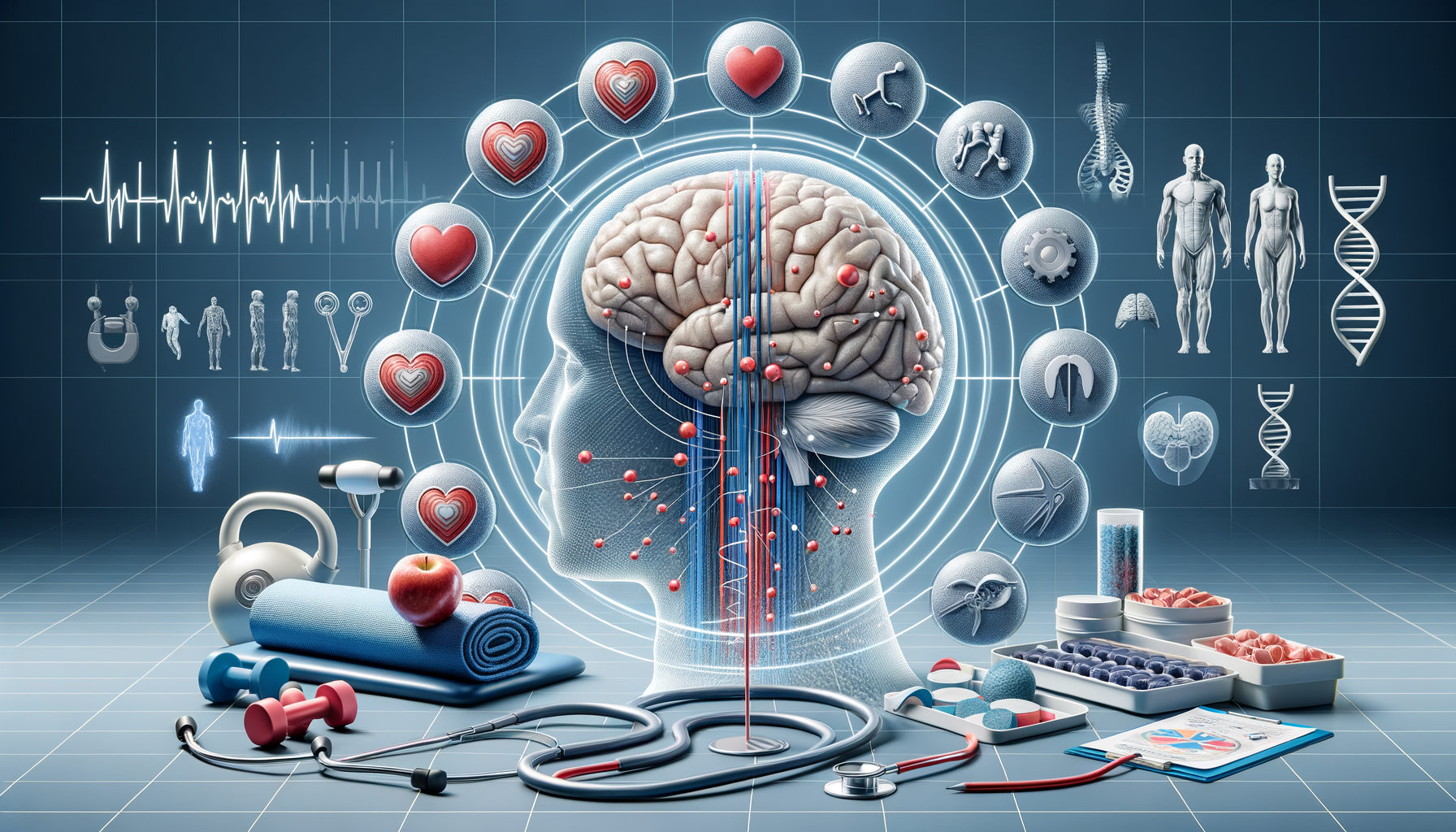Understanding Macular Degeneration
Macular degeneration, often referred to as age-related macular degeneration (AMD), is a medical condition that affects the central part of the retina, known as the macula. This condition is a leading cause of vision loss among older adults, significantly impacting their quality of life. The macula is responsible for sharp, central vision, which is crucial for activities such as reading and driving. As the population ages, the prevalence of macular degeneration is expected to rise, making it an increasingly relevant topic.
There are two primary types of macular degeneration: dry (atrophic) and wet (neovascular or exudative). Dry macular degeneration is more common and progresses slowly, while wet macular degeneration is less common but more severe, often leading to quicker vision loss. Understanding the differences between these types is essential for determining the appropriate treatment strategy.
Symptoms of macular degeneration include blurred vision, dark or empty areas in the center of vision, and difficulty recognizing faces. Early detection and diagnosis are crucial in managing the condition effectively, as they can help slow progression and preserve vision.
Current Treatment Options
Treating macular degeneration requires a comprehensive approach tailored to the type and stage of the condition. For dry macular degeneration, there is currently no cure, but certain lifestyle changes and supplements can slow its progression. These include:
- Maintaining a healthy diet rich in leafy greens and fish
- Taking antioxidant vitamins and minerals, known as the AREDS formula
- Quitting smoking
For wet macular degeneration, several treatments aim to prevent further vision loss and, in some cases, improve sight. These include:
- Anti-VEGF injections: These medications, injected directly into the eye, help reduce the growth of abnormal blood vessels and slow leakage.
- Laser therapy: This option uses laser light to destroy abnormal blood vessels, though it is less commonly used today.
- Photodynamic therapy: Involves a light-sensitive drug activated by a laser to target and destroy abnormal blood vessels.
Each treatment comes with its own set of benefits and potential side effects, and decisions should be made in consultation with a healthcare professional.
Emerging Therapies and Research
Research into macular degeneration is ongoing, with scientists exploring new therapies that may offer hope for those affected. Some of the promising areas of research include:
- Gene therapy: This innovative approach aims to correct or replace faulty genes responsible for macular degeneration.
- Stem cell therapy: Researchers are investigating the potential of stem cells to regenerate damaged retinal cells.
- Retinal implants: These devices, sometimes referred to as bionic eyes, are designed to restore partial vision by stimulating the retina.
While these treatments are still in the experimental stages, they represent a significant step forward in the fight against macular degeneration. Clinical trials are crucial for assessing the safety and effectiveness of these new therapies, and they offer hope for future breakthroughs.
Lifestyle Modifications and Preventative Measures
In addition to medical treatments, lifestyle modifications can play a vital role in managing macular degeneration. These measures can help slow the progression of the disease and improve overall eye health. Key lifestyle changes include:
- Adopting a diet rich in antioxidants, omega-3 fatty acids, and lutein
- Engaging in regular physical activity
- Protecting eyes from harmful UV rays by wearing sunglasses
- Regular eye examinations to monitor changes and catch early signs of progression
These preventative measures, combined with medical treatments, can significantly impact the management of macular degeneration. Patients are encouraged to work closely with their healthcare providers to develop a comprehensive plan tailored to their specific needs.
Conclusion: Navigating the Future of Macular Degeneration Treatment
Macular degeneration remains a challenging condition, but advancements in treatment and research offer hope for those affected. Understanding the various treatment options, from current therapies to emerging research, empowers patients to make informed decisions about their care. Lifestyle modifications and preventative measures further support eye health and slow disease progression.
As the medical community continues to explore new avenues for treating macular degeneration, patients can look forward to improved outcomes and quality of life. Staying informed and proactive is key to managing this condition effectively and maintaining as much vision as possible.




Leave a Reply